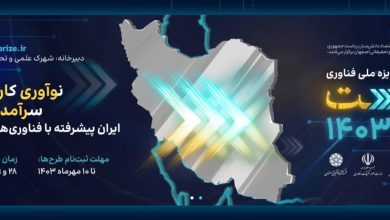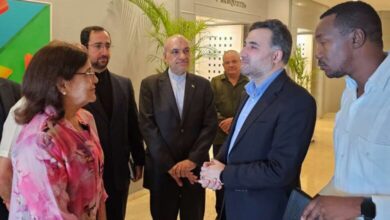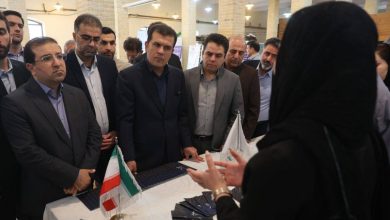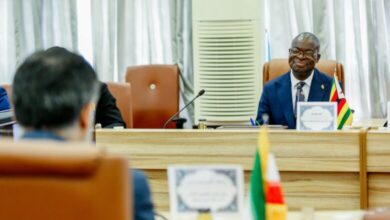AI Enters the Classroom: National Initiative Launched to Teach AI to Two Million Students
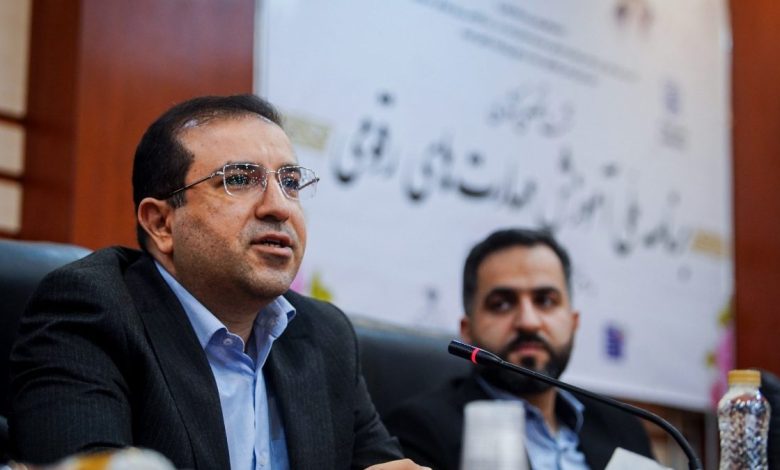
Abdolhossein Bahrami, Head of the Steering Center for Knowledge-Based Economy Development at the Vice Presidency for Science, Technology, and Knowledge-based Economy, emphasized the importance of collaboration between experts and policymakers to ensure the responsible development of artificial intelligence (AI), during the opening ceremony of the second phase of the “Digital Iran” initiative aimed at teaching AI to two million students and 100,000 teachers.
According to the Communications and Information Center of the Iranian Vice Presidency for Science, Technology, and Knowledge-based Economy, the launch event for phase two of the “Digital Iran” project — titled “Digital Education for Two Million Students and One Hundred Thousand Teachers” — was held with the participation of officials from the Ministry of Education, heads of lower secondary education departments, and directors of educational technology and content review departments from provincial education offices across the country.
During his speech, Bahrami underscored the need to foster dialogue and build a shared understanding around AI development.
“Through this dialogue,” he explained, “experts, policymakers, and users can collectively agree on the principles and guidelines that should govern the development and application of AI. This process enables developers and decision-makers to better understand the real needs, expectations, and concerns of society, and to improve technologies accordingly.”
Highlighting the importance of foundational AI education for students, Bahrami stated:
“Preparing students for the future job market, developing critical thinking, familiarizing them with emerging technologies, fostering creativity and innovation, and enhancing digital literacy — all of these are essential for better understanding the world and participating effectively in society.”
According to Bahrami, the main goal of this initiative is to cultivate a new generation of learners who will master advanced technologies and leverage them intelligently to address societal challenges and contribute to the growth of Iran’s digital economy.
He further noted that the Vice Presidency for Science and Technology has implemented various support programs to enhance the knowledge and skills of teachers and students across the country, with advanced and specialized training programs also planned for top-performing students.
To encourage active participation, Bahrami explained that, in collaboration with the Ministry of Education, a wide range of incentives has been developed for both students and teachers.
“Game-based and interactive learning is a key component of the platform,” he said. “Incentives include bonus academic credits for related subjects upon successful completion of course modules, seasonal competition-based events, regional leaderboards, prizes, opportunities to attend advanced training and internship programs, and pathways to enter industry — all designed to foster deeper engagement from students.”
Bahrami concluded by stating:
“This program is designed to prepare students’ minds for working with technological tools and to gradually introduce them to various dimensions and applications of AI. The first phase of this program will target all lower secondary students, with content specifically structured so that upon completing the introductory courses, they will gain practical knowledge of different AI functionalities through hands-on projects.”



